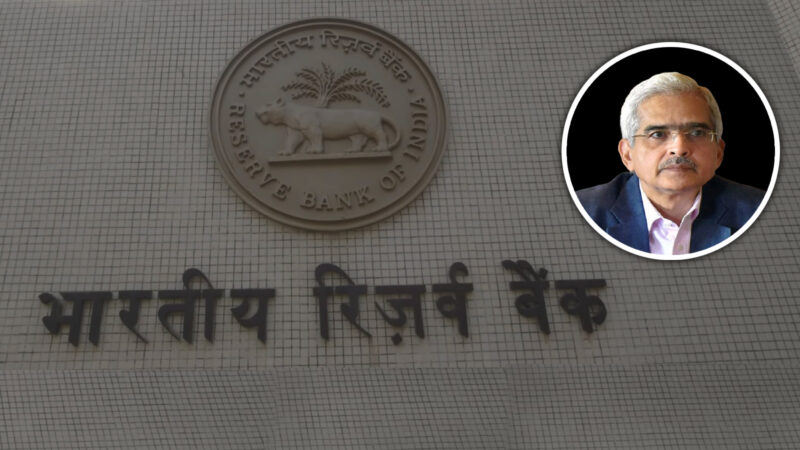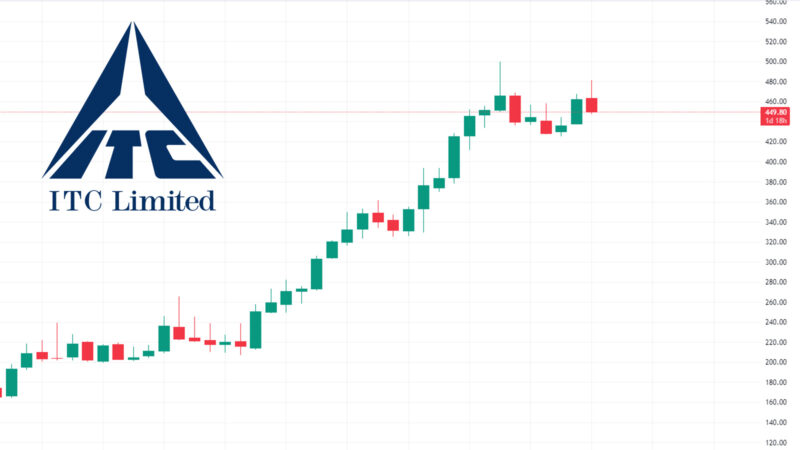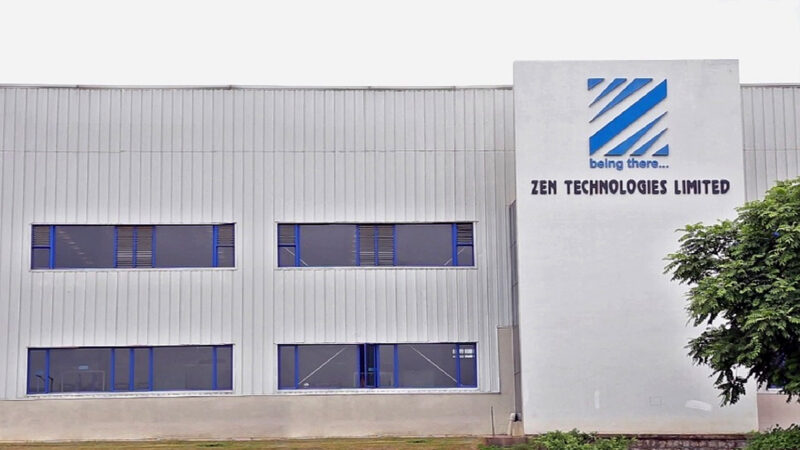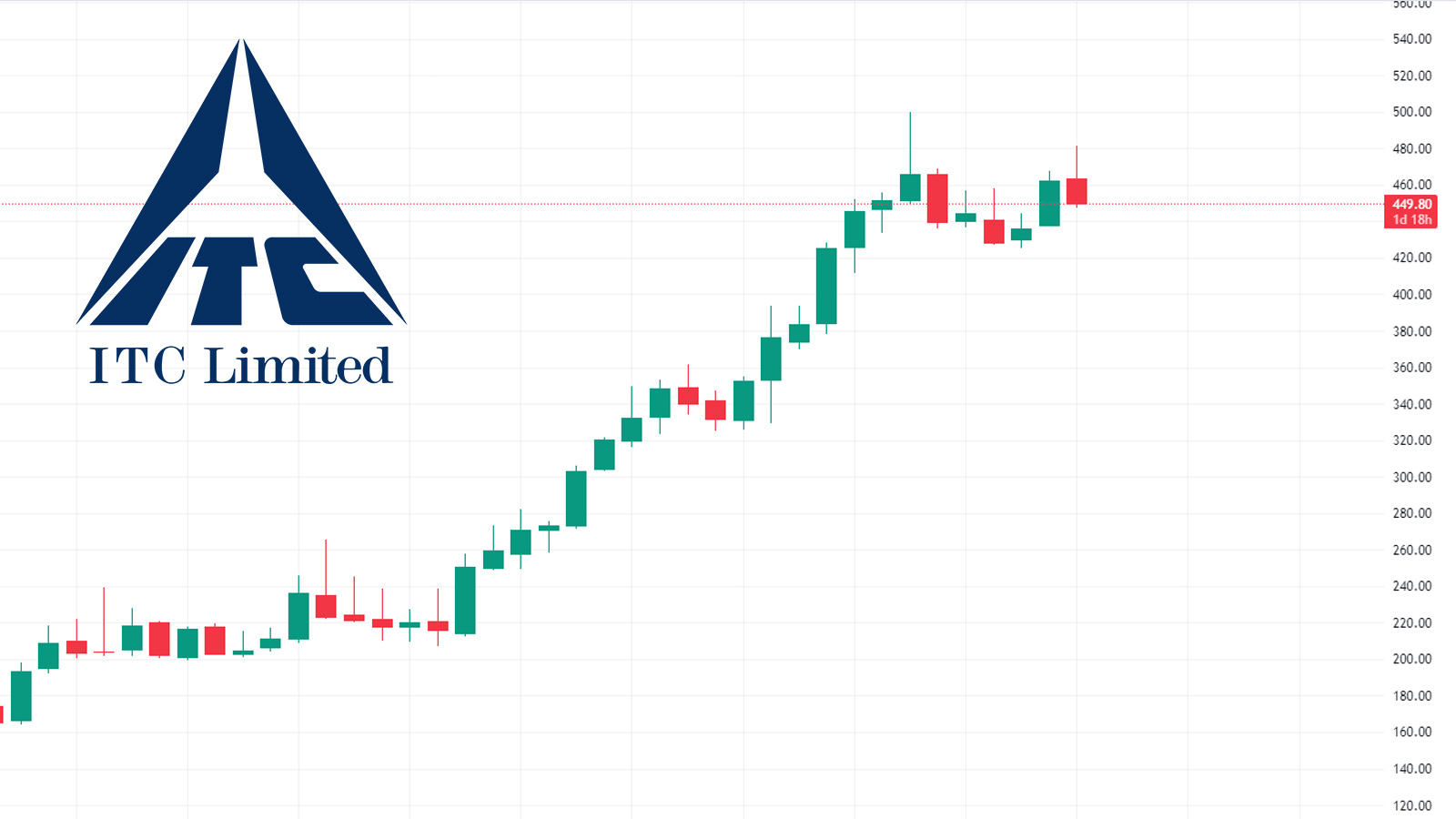ITC has recently unveiled its financial results for the third quarter of the current fiscal year, shedding light on its performance and key financial indicators. This blog post delves into the details of Q3 ITC results, exploring the notable figures, segment-wise performance, and the broader economic factors influencing its performance.
Table of Contents
Standalone Net Profit and Dividend Declaration
In the October-December quarter, ITC has reported a standalone net profit of Rs 5572 crore reflected on ITC Results, marking an 11 percent increase from the previous financial year’s corresponding quarter. Furthermore, the company’s profit demonstrated a robust 13 percent growth from Rs 4927 crore in the preceding September quarter. The release of better-than-expected results has underscored ITC’s resilience in navigating market challenges.
Additionally, ITC has declared an interim dividend of Rs 6.25 per share for the financial year 2023-2024. The record date for this dividend has been set for February 8, providing shareholders with a positive financial outlook.
Net Profit and Revenue Growth
On a consolidated front, ITC reported a 6.5 percent rise ITC Results in its net profit for the quarter ended December, amounting to Rs 5400.51 crore. The company’s revenue from operations witnessed a 2 percent year-on-year increase, reaching Rs 17,651.85 crore from Rs 17,265 crore. Meanwhile, consolidated revenue experienced a 2.4 percent uptick, reaching Rs 19,484.50 crore. Despite challenges, ITC’s financial performance suggests a resilient stance in the market.
Different Segments Reflect on ITC Results
Cigarettes Segment
The cigarette segment, after continuous growth, witnessed consolidation at a high base. Net segment revenue and segment PBIT increased by 2.3 percent year-on-year, with a 2-year CAGR of +9.3 percent for net segment revenue and +9.4 percent for segment PBIT.
Hotels Segment
The hotel segment marked its best quarter ever, with segment revenue experiencing an 18 percent year-on-year growth, and PBIT showing a remarkable 57 percent increase. The segment’s EBITDA margin increased by 470 bps YoY to 36.2 percent.
FMCG Segment
Despite challenging demand conditions, the FMCG – Other segment exhibited resilience, with a 7.6 percent year-on-year growth in segment revenue. The 2-year CAGR stood at an impressive 12.8 percent. The segment’s EBITDA margin increased by 100 bps YoY to 11.0 percent, and segment PBIT witnessed a substantial 24.1 percent YoY increase.
Agri Business Segment
The agri business segment faced challenges due to trade restrictions on agri commodities, resulting in a -2.2 percent YoY decline. However, revenues excluding wheat and rice exhibited a robust 14.2 percent growth. Geo-political tensions and climate emergencies have heightened concerns over global food security and inflation, leading to trade restrictions.
Paperboards, Paper, and Packaging Segment
The paperboard, paper, and packaging segment encountered challenges stemming from low-cost Chinese supplies, weak domestic demand, rising wood costs, and a high base effect. Global demand remained subdued, and recovery in domestic demand slowed post the festive season.
ITC’s Strategic Initiatives
Despite facing challenges, ITC Results credits its integrated business model, Industry 4.0 initiatives, strategic investments, and active capacity additions for partially mitigating margin pressure. The company achieved record-high production of in-house chemical pulp and significantly increased capacity utilization at its Nadiad packaging and printing unit in Gujarat. ITC is poised to operationalize its premium molded fiber products manufacturing facility in the near future.
Navigating Challenges
Third-quarter financial ITC Results reflect a mix of challenges and resilience. The company’s strategic initiatives, diverse business segments, and adaptive measures have played a crucial role in navigating market dynamics. The positive financial indicators, including increased net profit and robust segment-wise performance, position ITC favorably in an ever-evolving economic landscape.







